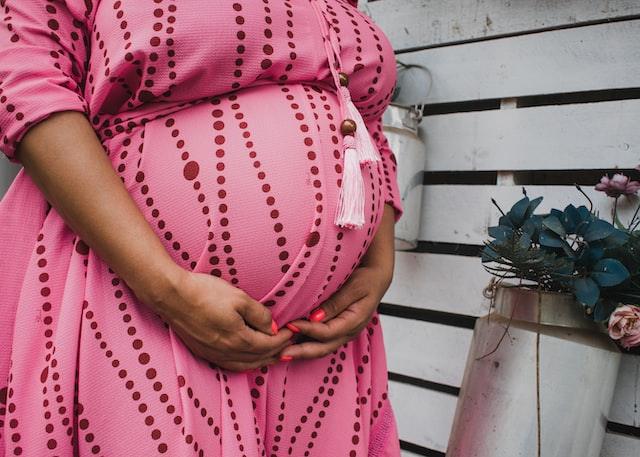Calcium is a nutrient needed in the body to build strong teeth and bones. Calcium also allows blood to clot normally, muscles and nerves to function properly, and the heart to beat normally. Most of the calcium in your body is found inside your bones.
Your growing baby needs a considerable amount of calcium to develop. If you do not consume enough calcium to sustain the needs of your developing baby, your body will take calcium from your bones, decreasing your bone mass and putting you at risk for osteoporosis. Osteoporosis causes dramatic thinning of the bone, resulting in weak, brittle bones that can easily be broken.
Pregnancy is a critical time for a woman to consume more calcium. It may help prevent high blood pressure while you're pregnant. Even if no problems develop during pregnancy, an inadequate supply of calcium at this time can diminish bone strength and increase your risk for osteoporosis later in life.
- The U.S. Recommended Daily Allowance (RDA) for calcium is 1,000 mg per day for pregnant and breastfeeding women over age 18. The U.S. RDA for teenage girls up to age 18 is 1,300 mg of calcium per day. Don't exceed 2,500 mg a day.
- Eating and drinking at least four servings of dairy products and calcium-rich foods a day will help ensure that you are getting the appropriate amount of calcium in your daily diet.
- The best sources of calcium are dairy products, including milk, cheese, yogurt, cream soups, and pudding. Calcium is also found in foods including green vegetables (broccoli, spinach, and greens), seafood, dried peas, and beans. Some juices and tofu are made with calcium.
- Vitamin D will help your body use calcium. Aim for 600 international units (IU) a day but no more than 4,000 IU. You can get vitamin D through exposure to the sun and in fortified milk, eggs, and fish.
Source https://www.webmd.com/baby/guide/eating-right-when-pregnant#091e9c5e800081c4-3-5










